The Gold Standard: Vetted Commercial Stucco Contractors for Denver Properties
Commercial Stucco
Selecting the wrong contractor in Denver's Climate Zone 5B can lead to catastrophic failures. Use this guide to protect your investment and ensure your stucco system withstands freeze-thaw cycles for decades.
Governing Standards
Adherence to ASTM C926 & C1063
Demand specific references to these standards in bid documents. They are fundamental to preventing cracking and moisture issues in Portland-cement plaster.
Moisture Management
IBC Code Compliance
Denver's climate requires either a 3/16" drainage space or 90% drainage efficiency. Ensure your contractor specifies proper weep screeds and drainage barriers.
Joint Strategy
Control & Expansion Joints
Proper joint layout manages shrinkage and thermal movement. Look for marked elevations on drawings showing discontinuous lath at joints.
System Selection
EIFS vs. Hard Coat
Don't settle for a generalist. Your contractor should articulate when to use traditional Hard Coat (durability) vs. EIFS (insulation) based on your building's needs.
Denver Climate Ready
Zone 5B Expertise
Freeze-thaw cycles destroy improper installs. Ensure the contractor understands comprehensive drainage planes and winter protection curing.
System Performance Comparison
Which system is right for your commercial property?
Safety Protocols
OSHA Silica Compliance
Professional contractors must have a written silica exposure control plan and HEPA vacuum systems to protect tenants and workers.
Financial Stability
Bonded & Insured
Verify bonding capacity, general liability, and workers' comp. This financial security protects you from liability and contractor default.
Certified Expertise
Manufacturer Credentials
Warranties often require manufacturer-trained installers. Ask for current training certificates for the specific system being installed.
Fire Safety
Rated Assemblies
Commercial projects require 1-hour fire ratings. Your contractor must understand how to build assemblies that meet UL or ESR design standards.
Project Controls
Commercial Management
Look for daily reporting, photo documentation, and preconstruction meetings. These controls reduce change orders and costly rework.
Choosing the wrong Denver stucco contractor for your commercial property can lead to catastrophic failures, expensive repairs, and potential liability issues. These failures become even more pronounced in Denver’s challenging Zone 5B climate, where freeze-thaw cycles and moisture management demand specialized expertise. This comprehensive guide reveals the exact criteria successful commercial property owners use to select contractors who deliver durable, code-compliant stucco systems that protect their investments for decades.
What is a Commercial Stucco Contractor?
A commercial stucco contractor is a specialized construction professional who installs, repairs, and maintains exterior stucco systems on commercial buildings. These contractors handle both traditional hard-coat stucco and modern EIFS with drainage systems, requiring expertise in moisture management, code compliance, and commercial-grade project controls specific to occupied buildings and investment properties.
1. Mastery of Governing Standards: The Foundation of Quality
Every reputable commercial stucco contractor Denver property owners trust starts with unwavering adherence to ASTM C926 and ASTM C1063 standards. These two bedrock standards govern Portland-cement plaster application and lath installation, respectively.
Why this matters for your investment: Consistent adherence to these standards dramatically reduces cracking, delamination, and moisture ingress. Properties with standard-compliant installations show significantly lower maintenance costs and longer service life.
When evaluating contractors, request:
- Specific references to ASTM C926/C1063 in their bid documents
- Detailed specifications for lath type and fasteners
- Documentation of grounds, weep screeds, and thickness requirements
- Written curing procedures
VAMP Stucco demonstrates this expertise through its exclusive focus on stucco systems rather than operating as a general exterior contractor. This specialization means our crews work within these standards daily, not just occasionally.
2. Code-Correct Moisture Management Systems
The International Building Code (IBC) Section 2510.6 establishes specific requirements for water-resistive barriers and drainage strategies behind stucco. Since 2021, the code explicitly requires separation and drainage between stucco and the WRB (Weather-Resistant Barrier) in many conditions.
What Are the Moisture Requirements for Stucco in Denver?
Denver’s climate demands that moist zones incorporate either a 3/16-inch drainage space or systems tested to achieve 90% drainage efficiency or greater. EIFS with drainage systems must meet ASTM E2273/E2925 validation standards.
Critical verification points include:
- Written WRB and drainage approach documentation
- Shingle-lapped flashing details at all penetrations
- Window integration specifications
- Proper weep screed termination details
VAMP Stucco’s expertise in drainage EIFS and updated code requirements for WRB, flashing, and fastening provides property owners with confidence that modern code paths are understood and implemented correctly.
3. Control and Expansion Joint Strategy
Proper jointing prevents catastrophic failures. Control joints and non-continuous lath at joints manage shrinkage and thermal movement according to ASTM C1063 guidance. Industry standards typically cap panel areas at approximately 144 square feet with a maximum 18-foot spacing, though project-specific layouts remain necessary.
Essential documentation includes:
- Joint layout on architect’s drawings (not just shop drawings)
- Confirmation that lath interruption occurs at control joints
- Sealant scope specifications at all terminations
Your stucco repair costs in Denver decrease dramatically when initial installations follow proper jointing protocols. This preventive approach saves thousands in future maintenance.
4. System Selection Expertise: Traditional vs. EIFS
Understanding when to specify hard-coat stucco versus EIFS with drainage separates expert contractors from generalists. Each system solves different challenges:
Traditional Hard-Coat Stucco:
- Superior impact resistance
- Time-tested durability
- Lower initial cost for basic applications
EIFS with Drainage:
- Integrated continuous insulation
- Advanced moisture management
- Energy efficiency optimization
An EIFS contractor that Denver property owners trust must demonstrate manufacturer-specific training and certification. These systems require precise detailing that varies by manufacturer.
VAMP Stucco installs both systems and clearly articulates when each makes sense for Denver’s specific conditions, providing property owners with unbiased system recommendations.
5. Denver-Specific Climate Considerations
How Does Denver’s Climate Affect Stucco Performance?
Denver’s IECC Climate Zone 5B classification creates unique challenges for stucco systems. Freeze-thaw cycles combined with moisture cycling demand robust drainage and detailing strategies. Stucco without proper drainage accumulates water, leading to premature failures during temperature fluctuations.
Building science principles for cold climates emphasize:
- Comprehensive drainage plane design
- Sequential flashing installation
- Positive slope at all projections
- Winter protection and curing plans aligned with ASTM C926
VAMP Stucco’s documented understanding of freeze-thaw implications and Denver-specific considerations provides valuable expertise during pre-construction planning phases.
6. OSHA Silica Compliance and Safety Protocols
Cutting and grinding plaster exposes workers and tenants to respirable crystalline silica. OSHA’s construction standard (29 CFR 1926.1153) establishes strict requirements:
- Permissible Exposure Limit (PEL): 50 μg/m³ (8-hour TWA)
- Action Level: 25 μg/m³
- Written exposure control plans
- Medical surveillance programs where applicable
Required documentation:
- Written silica exposure control plan
- Tool selection specifications (vacuum/HEPA systems)
- Training logs and certifications
- Current SDS binders
Professional contractors like VAMP Stucco maintain comprehensive safety programs that protect both workers and building occupants during stucco reskim and repair operations.
7. Bonding, Insurance, and Financial Stability
Performance and payment bonds prequalify contractors based on financial stability and track record. Surety underwriting provides rigorous third-party validation, reducing owner risk if contractor default occurs.
Verification requirements:
- Bonding capacity letters
- Project-specific bond costs
- General liability certificates
- Auto and umbrella coverage
- Workers’ compensation documentation
- Experience Modification Rate (EMR) documentation
VAMP Stucco operates as a fully insured and permitted contractor, maintaining comprehensive coverage that gives property owners peace of mind throughout project execution.
8. Manufacturer Credentials and Warranty Programs
EIFS warranties typically require manufacturer-trained installers and strict compliance with system details. Understanding coverage limitations and maintenance prerequisites prevents future disputes.
Documentation requirements:
- Current manufacturer training certificates
- Specific warranty forms and terms
- Third-party inspection requirements
- Owner maintenance obligations
VAMP Stucco’s EDI-certified estimators provide the same certification level that EIFS and Hard Stucco inspectors use, ensuring warranty-compliant documentation and installation procedures.
9. Fire-Resistance and Assembly Accountability
Properly detailed cement plaster assemblies meet one-hour and higher fire ratings when built to tested and approved designs. ASTM C926 and ASTM C1063 compliance directly impact fire-resistance ratings.
Verification includes:
- Listed assembly identification (UL design or ESR)
- Thickness specifications
- Lath type confirmation
- Substrate compatibility
- Mockup requirements
- Field quality control documentation
Specialist contractors like VAMP Stucco build both traditional stucco and EIFS within rated wall designs, providing assembly IDs in submittals for verification.
10. Commercial-Grade Project Controls
Commercial schedules, tenant access requirements, and envelope risk management benefit from independent review and commissioning. Building enclosure commissioning (BECx) and IIBEC consultant involvement materially reduce change orders and rework.
Project control elements:
- Preconstruction meeting documentation
- Trade sequencing coordination
- Comprehensive mockup programs
- Daily reporting systems
- Photo documentation protocols
- Third-party BECx scope when specified
Owner’s Comprehensive RFP Checklist
Request that every bidding contractor provide:
- Standards Compliance: Full ASTM C926/C1063 and IBC Section 2510.6 compliance confirmation
- Joint Layout: Marked elevations showing stucco control joints with discontinuous lath notation
- Moisture Management: Complete WRB drainage narrative, including cavity specifications and weep screed details
- EIFS Documentation: Manufacturer credentials, training certificates, and warranty forms for EIFS with drainage systems
- Safety Programs: OSHA silica plans, training logs, insurance certificates, and EMR documentation
- Fire Ratings: Assembly documentation with thickness gauges and QA plans
- Staffing Plans: In-house crew identification and daily reporting samples
- Local Portfolio: Denver references with comparable occupancy and phasing experience
- Detailed Estimates: Line-item pricing without allowances for critical envelope elements
- Due Diligence Acknowledgment: Signed confirmation of industry best practices
Making the Right Choice for Your Commercial Property
Selecting the right Denver stucco contractor requires a systematic evaluation of technical expertise, safety protocols, and project management capabilities. Properties maintained by contractors who meet these ten criteria experience fewer failures, lower lifecycle costs, and better tenant satisfaction.
VAMP Stucco’s specialization in both traditional and modern stucco systems, combined with their in-house installation crews and comprehensive insurance coverage, positions them as a trusted partner for Denver’s commercial property owners. Their focus on code compliance, drainage solutions, and Denver-specific climate challenges provides the expertise necessary for long-term stucco performance.
Property owners who implement these selection criteria report significant reductions in stucco-related failures and maintenance costs. The investment in proper contractor selection pays dividends through extended service life and preserved property values.
Talk to an expert. Call 303-325-5212

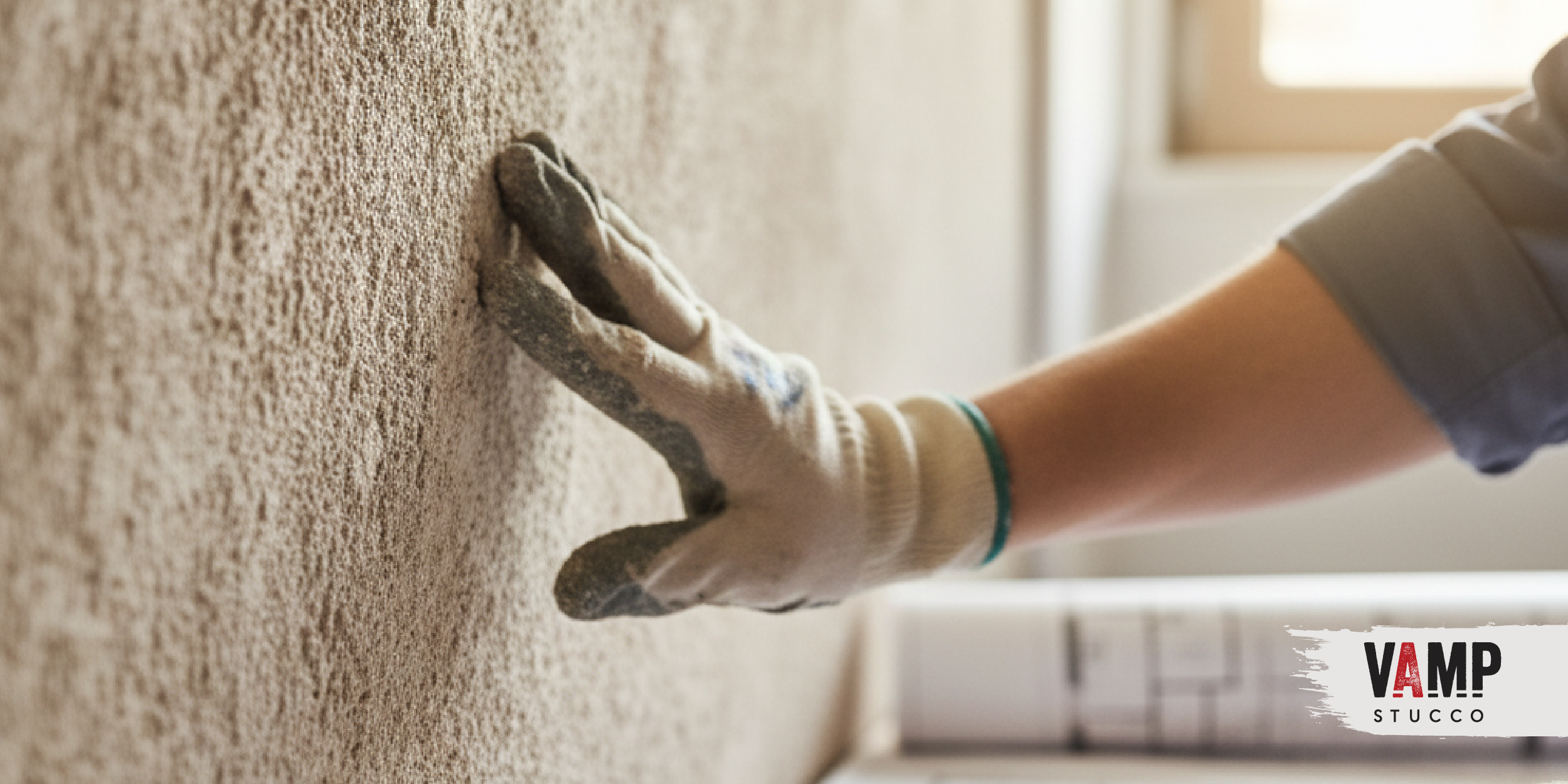

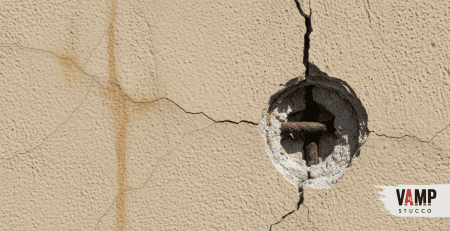
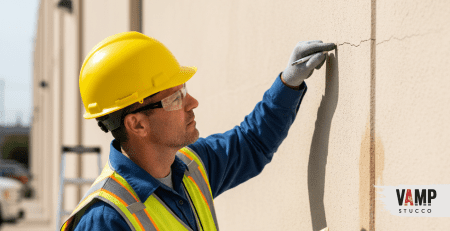
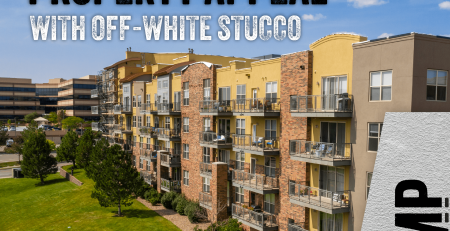
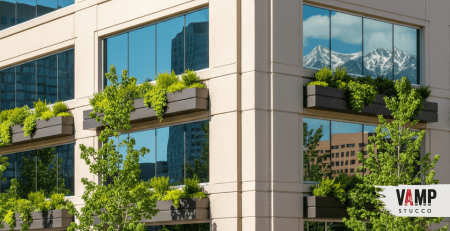
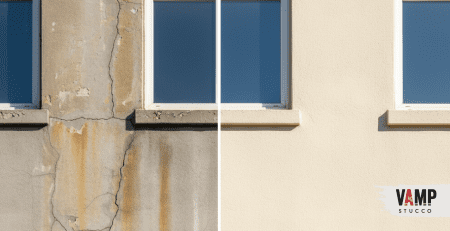
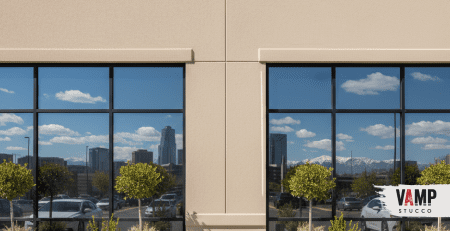
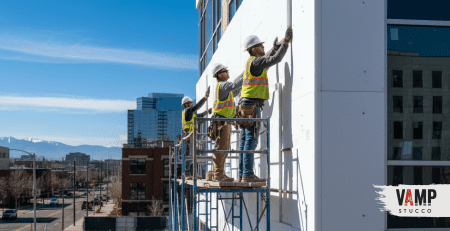

Leave a Reply